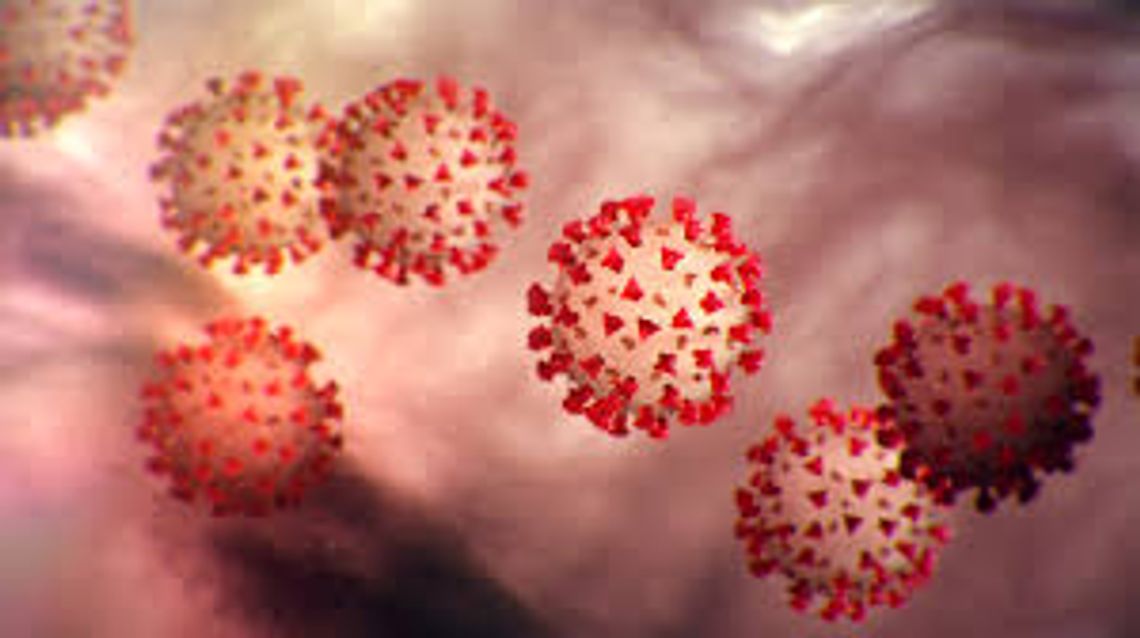Hays County experienced its first death from the COVID-19 virus on Monday, April 13. The county said a woman in her 80s who was staying with a relative in Buda succumbed to the disease. Her death came roughly one month after the county’s first recorded “presumptive” positive case.
Along with that announcement came an additional 19 positive tests Monday, bringing the total number of people in the county who have tested positive to 93. The addition of 10 cases on Tuesday brought the total number to 103.
59 of those cases are considered active, while 43 people have recovered. There have been 604 negative tests. 10 people have been hospitalized in Austin or San Antonio and 2 are currently in a hospital.










